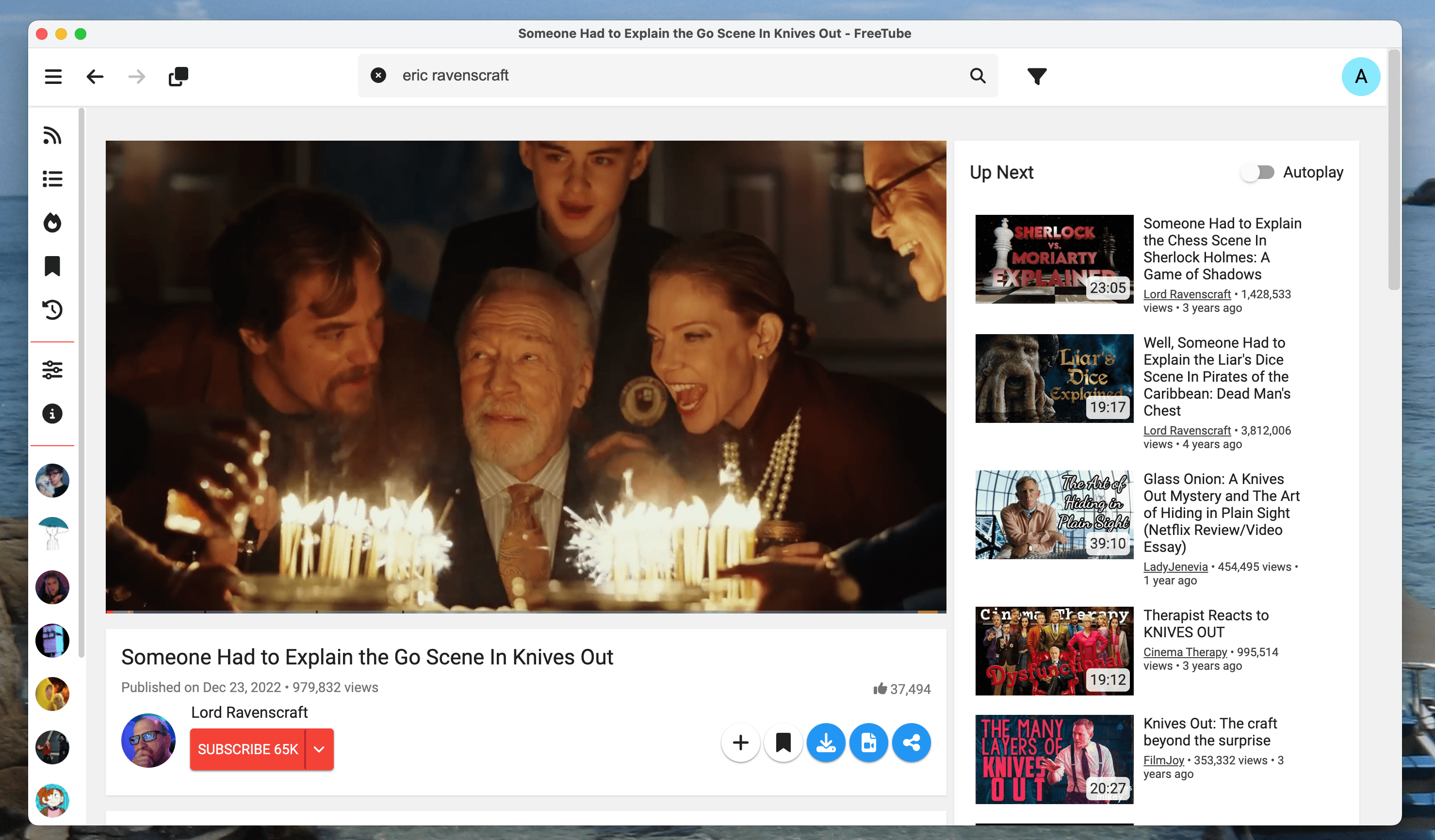UK cyber vigilantes generating mock IDs of local MPs to protest Online Safety Act
-
Rather thanIn addition to this, they should leak all the websites that MPs are visiting.If it's anything like the United States, we're sure to find some embarrassing search histories (at the very least).
No privacy for me. No privacy for you.
-
I'd love to hear some informed commentary on the legality of this, if it's legal, it's surely an oversight in the law.
Edit : just to be clear, I'm talking about creating the ID, rather than using it.
On the criminal side, It’s identity fraud, and also an offence under the Misuse of Computers Act, gaining access to a system unauthorisedly. Civilly, it’s almost certainly a violation of the ToS.
-
Using the ID, sure. But what about providing the service?
Depends.
You can argue that it's basically art/political speech. You've done it to draw attention to flaws in the approach and to highlight how ineffectual the current system is, and that if you actually wanted to do make fake IDs you'd take a much less high-profile approach. As such, there's no actual criminal intent required.
Don't know if a judge would buy it though.
-
Depends.
You can argue that it's basically art/political speech. You've done it to draw attention to flaws in the approach and to highlight how ineffectual the current system is, and that if you actually wanted to do make fake IDs you'd take a much less high-profile approach. As such, there's no actual criminal intent required.
Don't know if a judge would buy it though.
Yeah, I think the creator of this is playing with fire personally.
-
Using the ID, sure. But what about providing the service?
I think it would fall under forgery which is definitely illegal and doesn't require you to use the ID.
-
Depends.
You can argue that it's basically art/political speech. You've done it to draw attention to flaws in the approach and to highlight how ineffectual the current system is, and that if you actually wanted to do make fake IDs you'd take a much less high-profile approach. As such, there's no actual criminal intent required.
Don't know if a judge would buy it though.
Especially a UK one.
-
Well he did it love in the commons not surprised he's going
-
Depends.
You can argue that it's basically art/political speech. You've done it to draw attention to flaws in the approach and to highlight how ineffectual the current system is, and that if you actually wanted to do make fake IDs you'd take a much less high-profile approach. As such, there's no actual criminal intent required.
Don't know if a judge would buy it though.
Civil disobedience is done with full knowledge you are breaking the law.
-
This post did not contain any content.
“My OpenAI credits got hugged to death, please use a known postcode (like one from Keir Starmer's constituency, WC2B6NH) in the meantime,” the author asks.
While the OSA is dumb, this is also bad design, and why applications are going to use so much power.
Cache the image creation results. Use a random address generator. This would drop the LLM use to the bare minimum.
-
“My OpenAI credits got hugged to death, please use a known postcode (like one from Keir Starmer's constituency, WC2B6NH) in the meantime,” the author asks.
While the OSA is dumb, this is also bad design, and why applications are going to use so much power.
Cache the image creation results. Use a random address generator. This would drop the LLM use to the bare minimum.
That’s…exactly what they are doing and telling you to use a known post code so you hit the cache…
-
Of course it's not legal. This is called identity theft.
Given that many online services currently asking for ID have a proven track record of massive data leaks I'd argue that demanding people upload photos of their ID is complicity in identity theft too.
-
Yeah this is not worth the risk. Identity fraud of a politicians can be a serious crime. The pay off for this is a minor inconvenience for some desk worker and a few slop articles written about you.
It can be used by AI age verification tools on a bunch of websites. So yes I guess that is fraud. But these tools claim not to store the data in the verification process. If somebody could prove a made up ID was used then I suspect they're in bigger shit for a GDPR leak.





